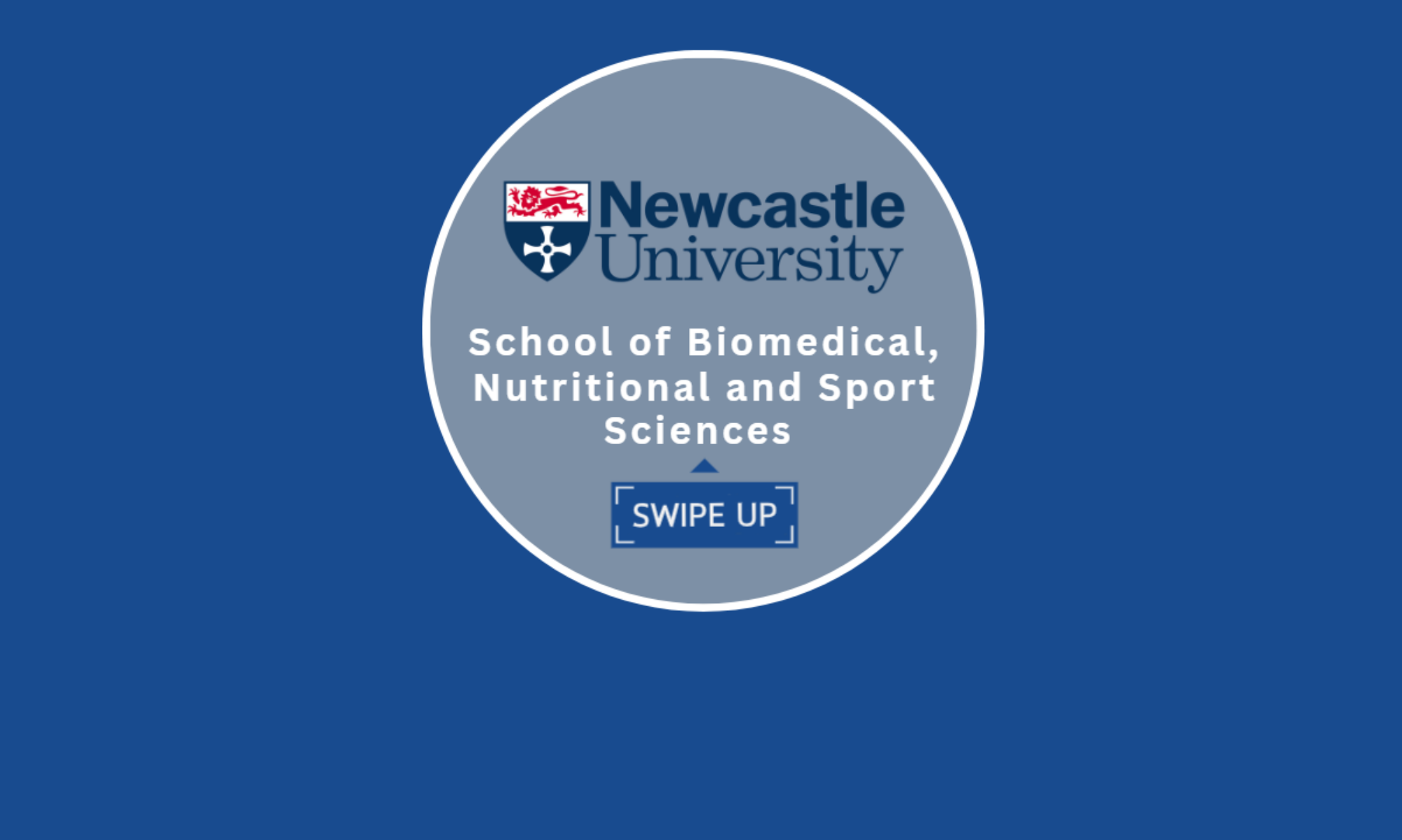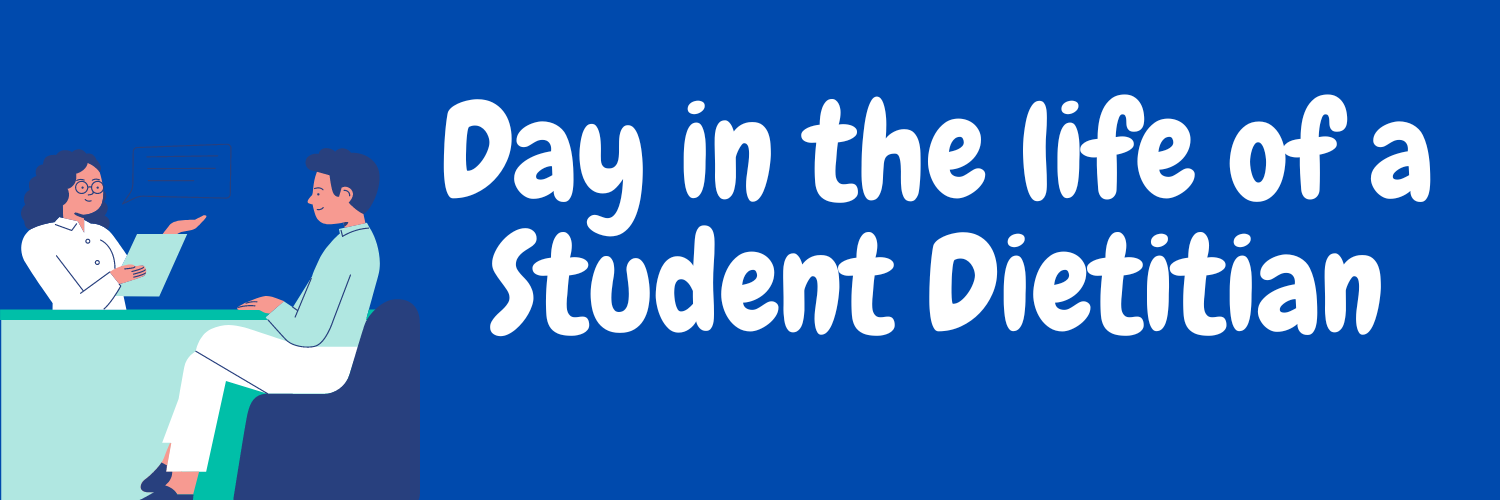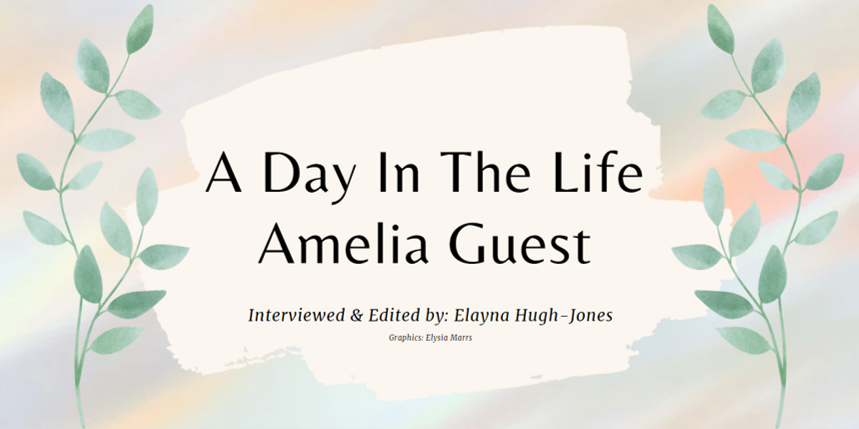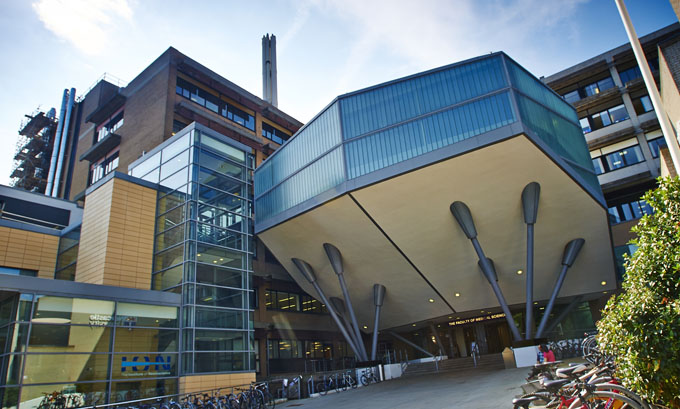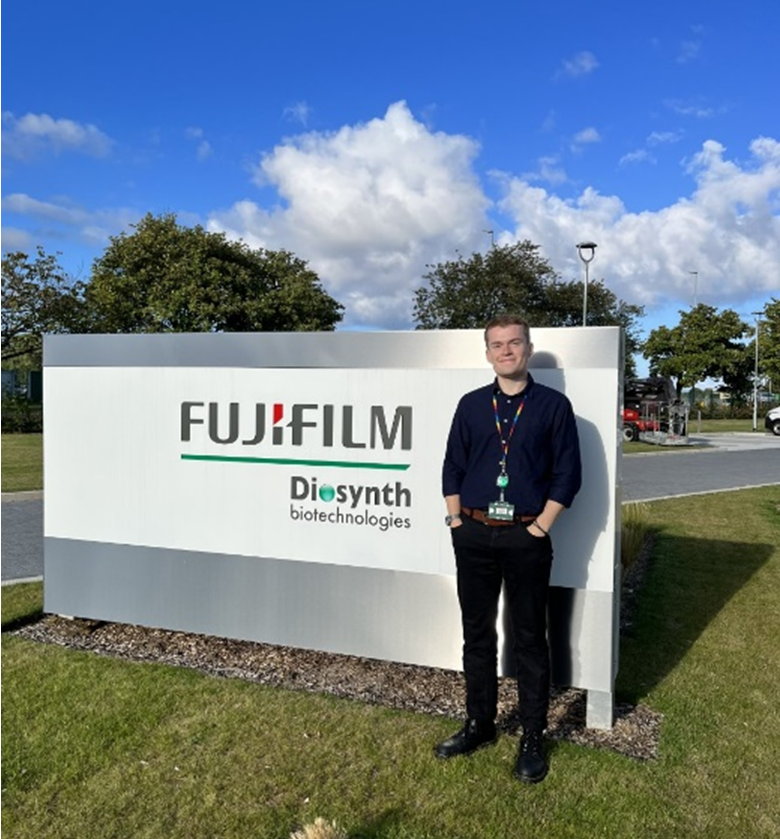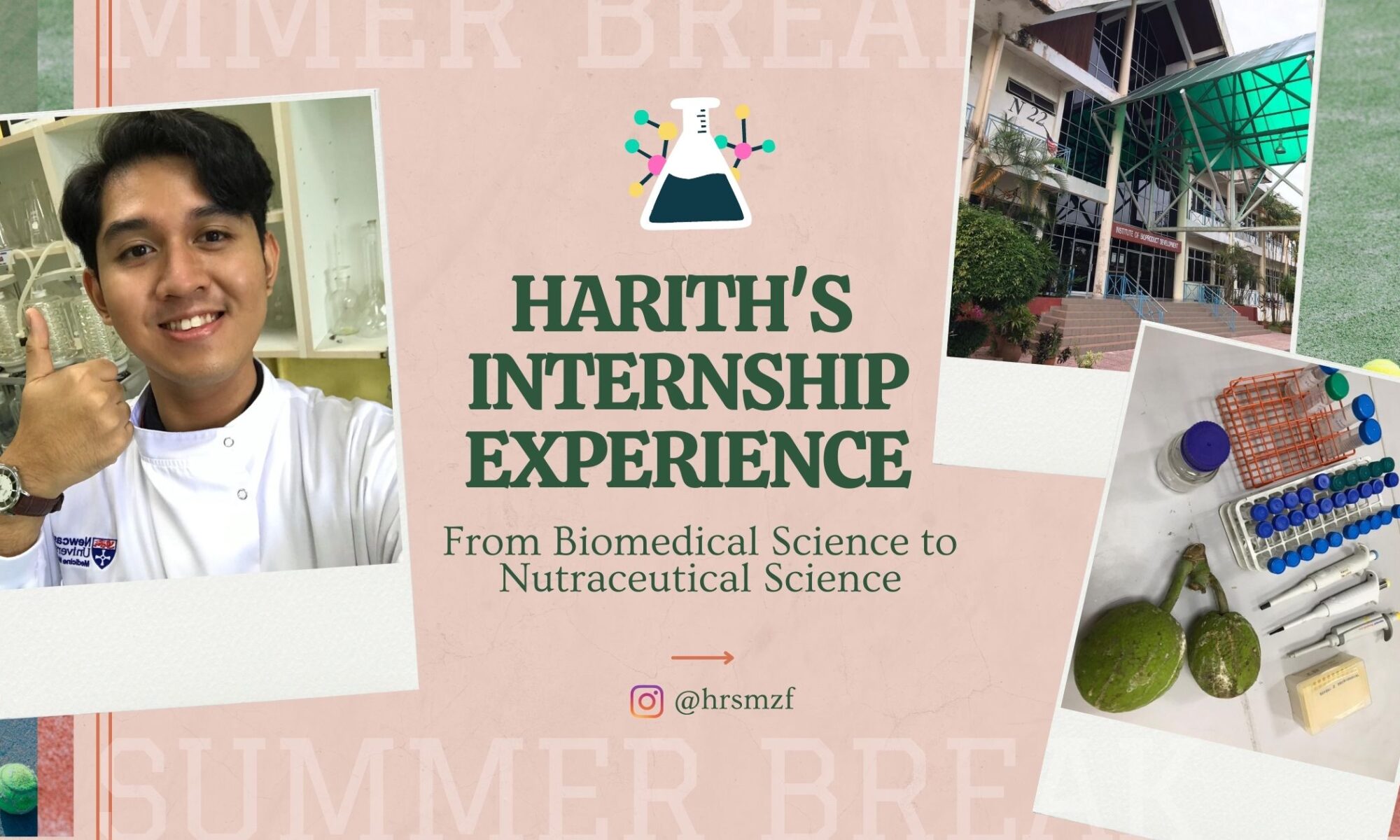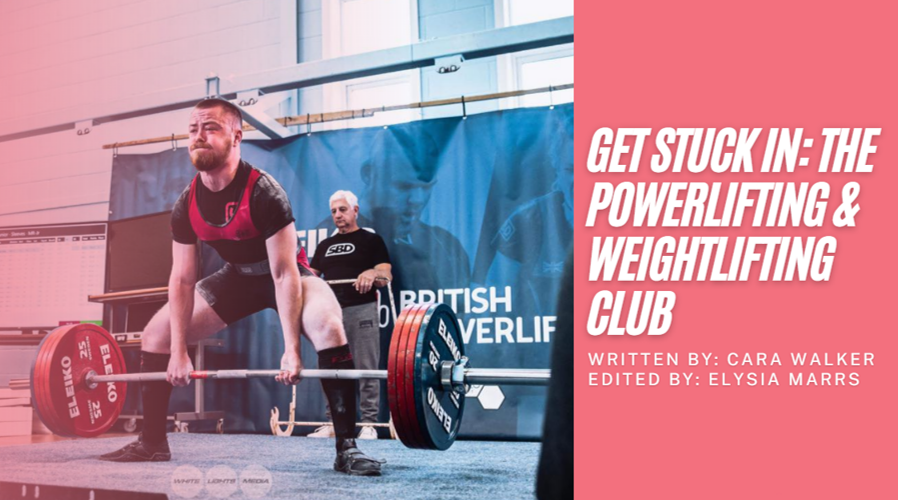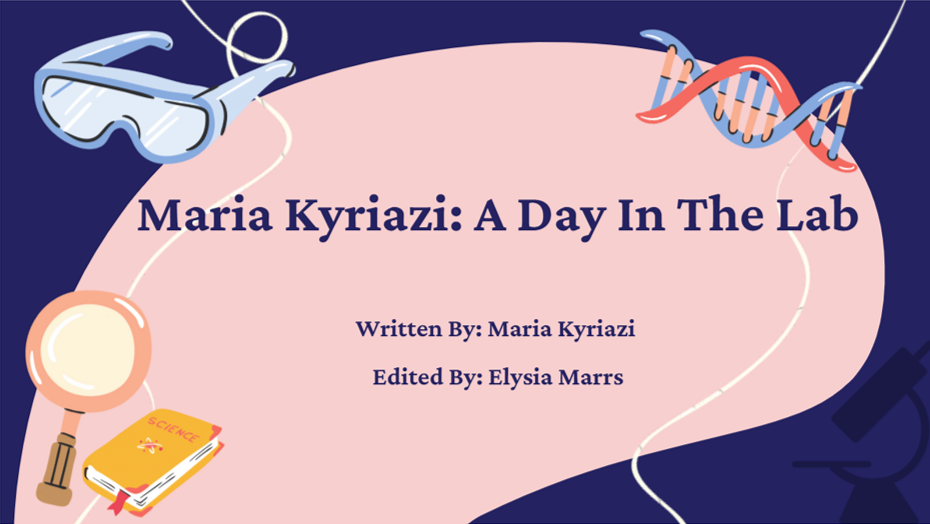Hi everyone! My name is Georgia and I am a 4th year Dietetics Student. When people ask me ‘so what do you do?” I dread it, because the conversation normally goes like this: “I do Dietetics at University” “You do what now? I’ve never heard of that! Do you just tell people to not be fat?”.
So, in order to give a bit of an insight into what Dietitians do, I have decided to describe a day in the life whilst I am at placement! My placement is split into two sectors – Forensic Secure Inpatient Service and Eating Disorders. I am going to give you a bit of an overview of what it has been like in both, however I will do a separate post for my experience in Eating Disorders otherwise this could be quite a lengthy post!
Secure inpatient services
As the name suggests, Secure Inpatient Services is a hospital for people with mental health illnesses who have committed crimes. Rather than going to prison, people are admitted into a secure hospital for psychiatric treatment. You might think – “How does a Dietitian fit into a secure unit?” – I thought the same thing! The main role that I had during my time at this service was educational sessions regarding cardiovascular disease.
Unfortunately in a service such as this, many patients are on antipsychotic medicines which can often have a significant side effect of weight gain. Due to this, many of the patients within this unit had a BMI of over 45 (for reference, a healthy BMI is between 18.5 and 24.9).
So now I have provided some context, welcome to my day in the life!
Morning: I wake up at about 7:30 to make sure that I have time to have a proper breakfast and get prepared for the day. I then drive to the hospital and often join a team ‘huddle’ in the morning. Huddles are a meeting with all the Dietetics staff (including Nutritionists and Dietetic Assistants) to discuss how we are getting on with the patients and if we have any new referrals. After this meeting, I would then go down to the ward to see a patient for an education session. To get onto the ward you have to go through an airlock system with lots of security measures in place. Once on the ward, I would normally have an educational session regarding the consequences of high saturated fat and sugar intake on our cardiovascular health. Some patients who I was giving education sessions to were in ‘seclusion’, which is a separate room from everyone else that most people are not allowed to enter. This made communication fairly difficult, but it was a great learning curve!
Afternoon: After lunch, I would usually prepare for the patients that I was seeing that afternoon. I would read through all the patient notes to gather a background on the patient and produce any resources which I may need for the sessions. Many of the patients that I was working with could not read and the only resources we had available were lengthy written resources, so I spent a lot of time producing easy read, pictorial resources for patients which seemed to go down very well. After my sessions with the patients, I would then attend a basketball session with a patient with a BMI of 54 to encourage physical exercise. This was a great session as it also allowed the staff to participate and build rapport with the patients. I really enjoyed this! Finally, I would go back to the office and write up all of my notes from the patient consultations so that other health professionals can be aware of what we have discussed.
I would then tend to go home, cook something quick because I was tired and then watch Netflix until I fell asleep!
I hope you find this useful and if you have any questions please feel free to comment. I really enjoyed this placement and would recommend it to anyone doing Dietetics as you learn communication skills that you probably wouldn’t learn anywhere else. So if you get allocated this placement welcome it with open arms! You may love it like I did.
